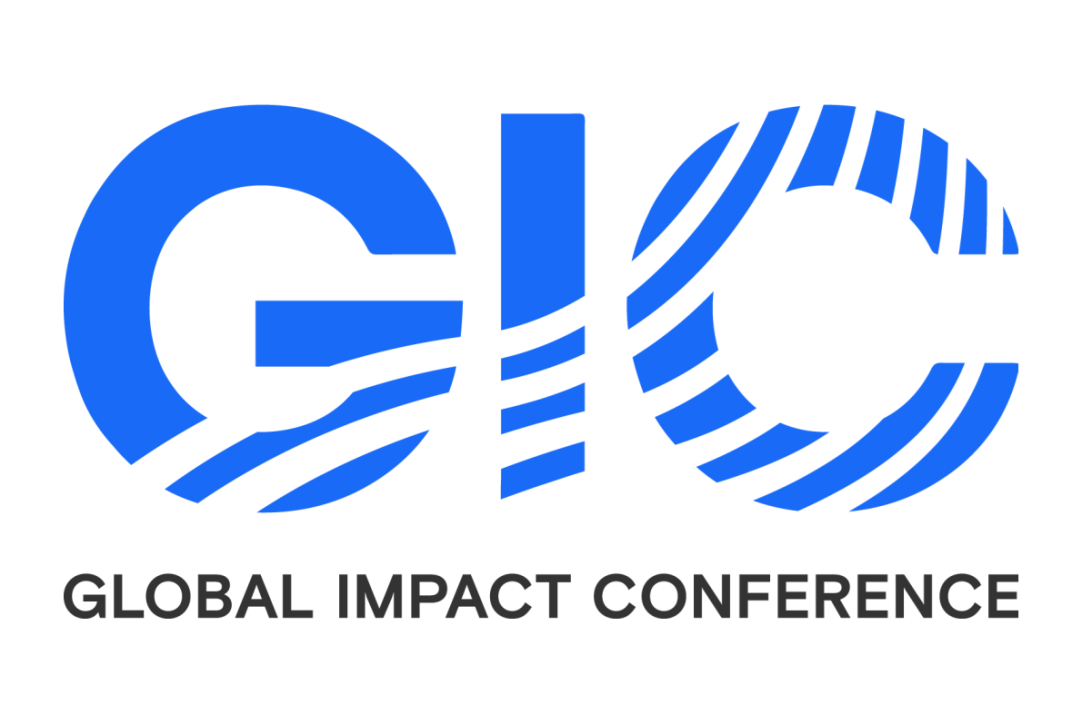
Digitalization of the Whole Country
Can we really say that digitalization has affected everyone and every aspect of people’s lives? Leonid Gokhberg, First Vice Rector, Director of the Institute of Statistical Studies and Economics of Knowledge (ISSEK), has shared his opinion on this matter, referring to official statistics and sociologic surveys done by HSE University.
.jpg)
Choosing to Study in Russia
Despite Russia’s success on the global educational market, there is a lack of information about the reasons why international students choose Russian universities. Alena Nefedova from HSE University decided to bridge this gap. IQ.HSE portal published the main results of her research.

Russians’ Digital Practices During Lockdown
The HSE Institute for Statistical Studies and Economics of Knowledge has released the results of its survey on digital practices in 2020, which illustrate the changes in how people have mastered new formats to solve routine tasks.The HSE Institute for Statistical Studies and Economics of Knowledge has released the results of its survey on digital practices in 2020, which illustrate the changes in how people have mastered new formats to solve routine tasks.
OECD Outlook Examines the Effects of the Pandemic on Science, Technology, and Innovation
Times of Crisis and Opportunity is the title of the OECD Science, Technology and Innovation (STI) Outlook published in January. The document focuses on STI responses to the pandemic while assessing the impact of the COVID-19 crisis on science and technology. Mikhail Gershman, Deputy Director of the Centre of Science, Technology, Innovation and Information Policy, discusses the contribution of the Institute of Statistical Studies and Economics of Knowledge (ISSEK) to the Outlook and describes some aspects of ISSEK’s long-standing partnership with the OECD.
Digital Economy : 2021
This pocket data book contains the most recent statistical data representing the level and dynamics of the digital economy development in the Russian Federation. International comparisons are provided for a number of indicators.
‘Science. Technology. Innovation. 2021’
The main trends in the S&T and innovation development of Russia are presented in the Pocket Data Book ‘Science. Technology. Innovation. 2021’ developed by HSE ISSEK. The publication includes the most recent statistical data on R&D input and output, as well as international comparisons.

‘Cooperation with R&D Organisations and Universities Is Significantly Distinctive for Advanced Innovators’
The innovation performance of firms depends on their ability to innovate in cooperation with external partners. In their study, HSE researchers found that most of innovation in Russian manufacturing happens in a sort of open processes, but extensive cooperation networks are barely detectable. The study was published in the December issue of Foresight and STI Governance.

Building Bridges Between Knowledge and Society and Improving Policy Effectiveness Is the Task of Think Tanks
On December 4, the International Advisory Board of the Institute for Statistical Studies and Economics of Knowledge of HSE University met for its annual meeting. It was an anniversary event, as was the X Foresight Conference that preceded it. Largely thanks to the online format, the assembled board was the most representative of the field in its history. Experts from 20 international partner centres assessed ISSEK’s activities over the past year and proposed a wide range of topics for new research.

HSE Becomes Analytical Partner of the Global Impact Conference
How can we achieve balanced growth of the global economy? What is a human-centred approach for economic growth? How can we measure the contribution of corporations to sustainable development? On December 1- 2, visionaries of sustainable development — more than 50 international experts from 23 countries, including representatives of government organizations and businesses, non-profit organizations, and civil society activists — will answer these questions at the Global Impact Conference.
Digital Economy: 2020
This pocket data book contains the most recent statistical data representing the level and dynamics of the digital economy development in the Russian Federation. International comparisons are provided for a number of indicators.
